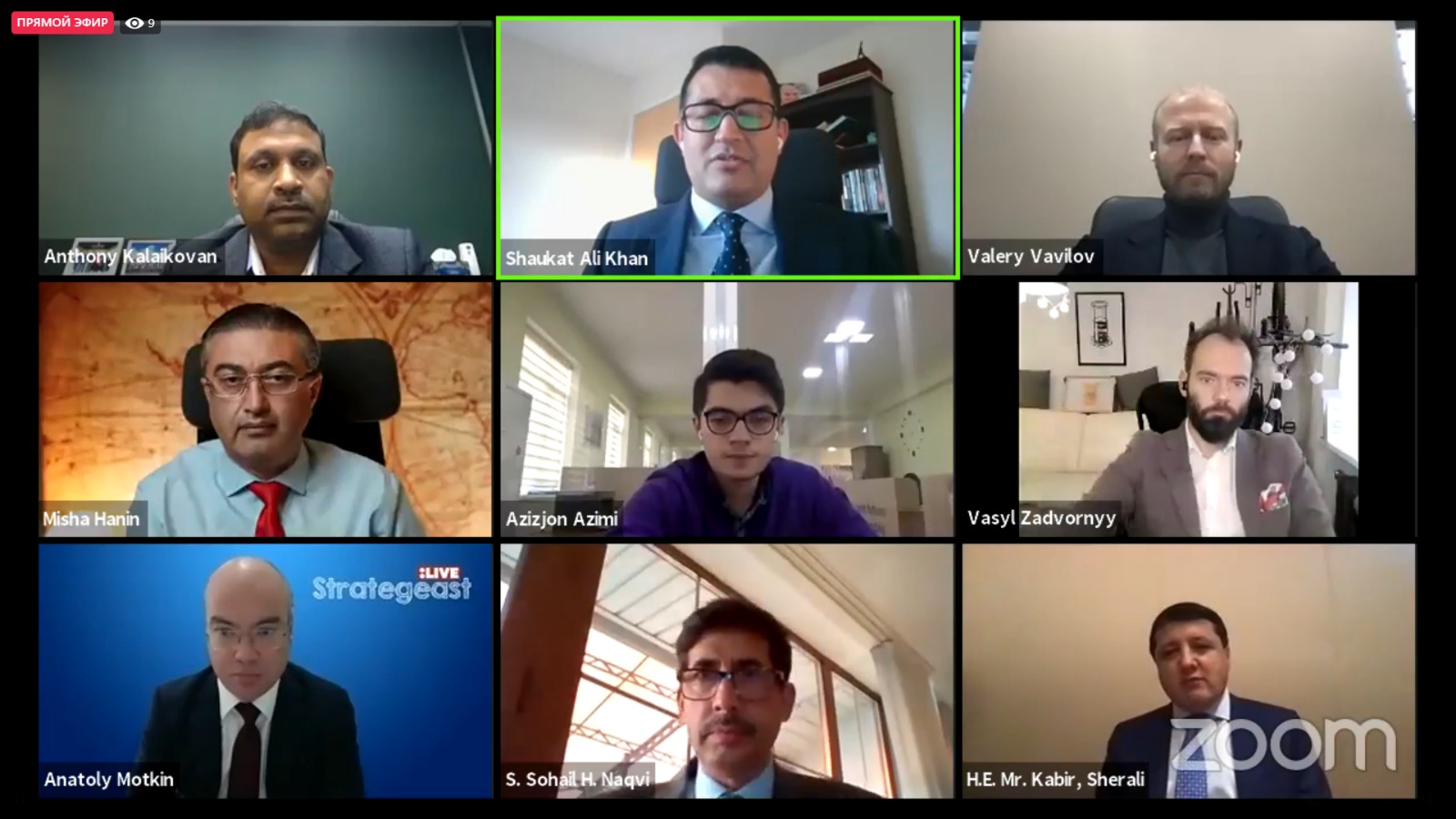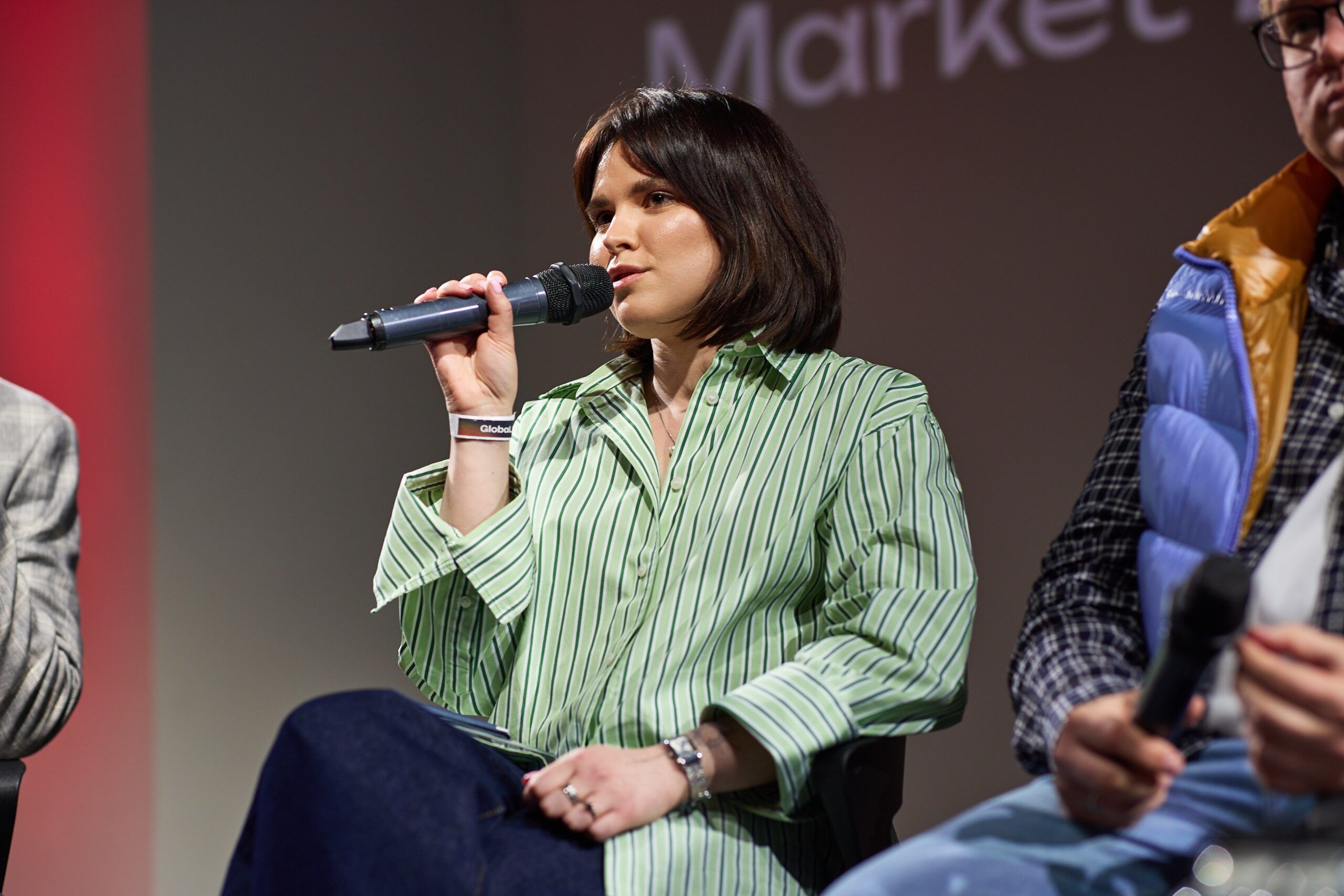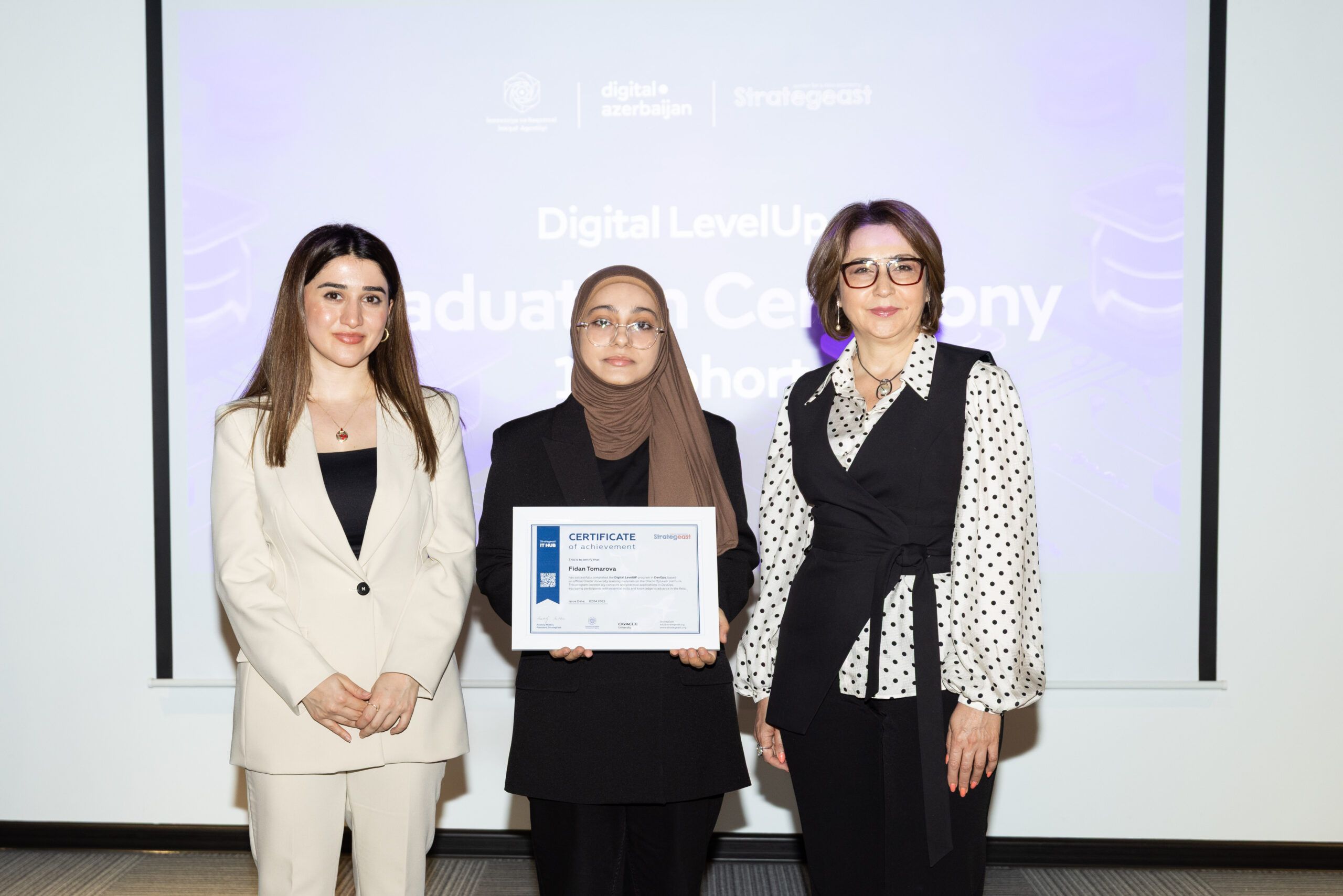On December 17th, StrategEast center and the University of Central Asia organized the panel discussion “Blockchain As a Good Governance Technology”. The event was held online using Zoom platform with livestream broadcasting to the social media pages.
Using blockchain technology will generate about $62 trillion in gross added cost by the mid-2020s according to Credit Suisse. The most interesting and promising directions in the blockchain are those beyond cryptocurrencies: healthcare and medicine, logistics, land registries, government and corporate document flow. Estonia, as a leader in the implementation of electronic government services, together with the blockchain startup Guardtime, implements the creation of a unified database of medical books for the population. Georgia creates a pilot project of a unified register of land plots using blockchain.
So how will/can the blockchain change the countries of Eurasia?
Prof. Dr. S. Sohail H. Naqvi, Rector, University of Central Asia and Anatoly Motkin, President of StrategEast Center for a New Economy opened the panel with welcome remarks. In their speeches, they noted the importance of modern education meeting the requirements of the new, digital era. Today’s university graduates will take on the challenge of digitalizing Eurasia.
Chief Guest H.E. Sherali Kabir, Minister of Industry and New Technologies, Republic of Tajikistan, in his opening remarks spoke about the role of Central Asia as a region with a significant proportion of youth among the population, in digital transformation in general and, in particular, in the promotion of new blockchain technologies. “New technologies, including the blockchain, are the future for our country. We want our youth to develop new technologies, and change not only the structure of Tajikistan’s economy, but also create conditions for the world to know more about our country,” the Minister noted.
Vasyl Zadvornyy – CEO of Prozorro, Ukraine, sees his goal in building trust between the state and citizens. “The process of public procurement in post-Soviet countries has traditionally been associated with two things: it is either a very large bureaucracy or corruption. To address these challenges in Ukraine we introduced fully digital procurement system Prozorro. The Prozorro system has already saved $2.8 billion for Ukraine by 3.2 million tenders held.”
Valery Vavilov – Founder and CEO of the Bitfury Group believes that real mass adoption of blockchain is just starting now. In the coming years, blockchain will have the strongest effect for governments in the following five areas: public procurement, land title registries, electronic voting, grant disbursement and beneficial corporate ownership registries.
Misha Hanin – CEO & Co-Founder at Deep Dive Technology also believes that blockchain is only at the beginning of the journey: “I have been involved in blockchain projects for ten years now. But even five years ago, only few people treated blockchain as a technology necessary for governors. Although, even over the last year we have seen a big leap in how blockchain technologies are implemented by the state and various state services. ”
Azizjon Azimi – Knight-Hennessy Scholar at Stanford University, Founder TajRupt and tajrupt.ai thanked the government of Tajikistan for the attention it pays to modern technologies and talked about how the first center for the development of artificial intelligence and machine learning in Tajikistan is using blockchain technology.
Anthony Kalaikovan – Chief Technology Officer at Serba Dinamik Holdings Berhad, believes that blockchain is a reliable technology: “It gives citizens total privacy to their data. Any citizen is concerned about who can get his medical records and other private data. But thanks to blockchain technology, the citizen personally chooses, who is given access to this data and who is not. That means a citizen transfers data to the state, but leaves the key to it in his own hands.”
Answering the question of the panel moderator Shaukat Ali Khan, Chief Information Officer of the UCA on what advice can be given to governments regarding the blockchain, Valery Vavilov explained: “Start creating international centers that could join forces to design standards in the blockchain field. But this should not be confused with blockchain regulation. The regulation is in the very design of the blockchain. Blockchain is regulation itself.”
“We cannot regulate the blockchain, but we should regulate the products made on the blockchain – financial, recycling products and others,” added Misha Khanin.
At the end, the speakers answered questions from online audience who were worried about such issues as the security of products created on the blockchain, how to protect personal data and voting secrecy, how do machines affect our behavior and interaction, and others.
“Blockchain is reality” – summed up the discussion Valery Vavilov answering a question from one of the viewers about the prospects of the new technology.




